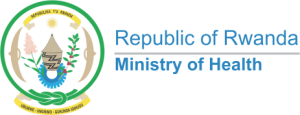WHO: Library and Information Networks for Knowledge
The WHO Library is the world’s leading library on public health. It provides access to knowledge from WHO as well as to other sources of scientific literature produced around the world. WHO Library resources and expertise also provide scientific evidence and knowledge to low- and middle- income countries through a set of low-cost/high-use initiatives.

